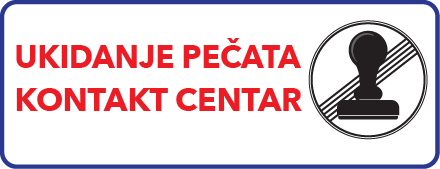Education and Human Resources
Education and Human resources
A phenomenon of human social life is the role of leadership which follows human race since the prehistory. That’s when the first social groups began to exist. Back then they were trying to protect their existence from the unfriendly and mysterious environment. From the historical point of view the oldest conception of controlling human resources has defined the control over humans as a service that provides administrative work and procedures which are involved with employment. Also preserving and document actualizing and those which include the employees and their activity and consecutive giving those information’s to the leaders of the company.
The main principle of the directors was the principle of experience. The method of making mistakes was a profiling method of the director. The employees were inferior to a rigorous regime and every disagreement with the work conditions were repressed.
Abroad, in the 80’s, the conception of a personal work started to be formed which was represented as human resource management, which is also actual in present. The meaning of managing the human resources is making strategies of development and professional education with the goal to improve the work performance of an individual, teamwork and organization. From the part of personal work the section of the employees’ education and the activity in their stabilization acquired a big meaning.
When talking in general, management of human resources, and its activities which started applying firstly to please the needs of organization, and secondly to satisfy the needs of employees. Accentuation was on the development of intellectual fund, support and assert of the organizations, team and individual learning and education with a purpose to create a working environment in which the knowledge is improved and managed systematically.
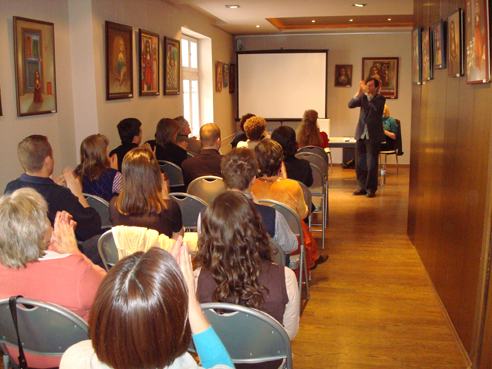 |
Every management with its long term development, depends of the human resources quality. That's why the implementation and investment into the quality of these resources are the primary factors of improvement. The system of lifetime education is the basic assumption for development of the infrastructure, legislation and culture. Serbia is, slowly but with great certainty, transforming into learning society, which emphasizes the human lifetime education as one of the most important principles of economic prosperity. With the beginning of information society and economy globalism the school system is put on a higher level. School in its region, is supposed to be a place for education of young population, but also it should include a lifetime education. In same time school should also be a cultural, sport and social center.
Slovak national minority in Serbia is the biggest Slovak community in the world which lives beyond the borders of Slovak Republic. There are about 60 thousand Slovaks in Serbia, 96 percent of Slovaks lives on the territory of Vojvodina. Slovaks as minority are enjoying the benefits in the field of official education in Slovak mother language what has in great measure influenced on preservation of their national identity. In Vojvodina there are 16 Slovak elementary schools with over 3024 pupils (3305 pupils in the year of 2005/06). In Báčsky Petrovec and Kovačica there are gymnasiums which are also Slovak, and they have over 650 students (750 in the year 2005/06). Since the year of 1961 there has been established the Department of Slovak language and literature on the Philosophical faculty of the University in Novi Sad, which has its seminar library, with over 13 thousand books.
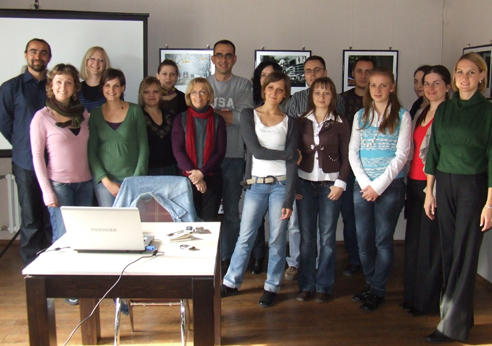 |
The system of adult education nearly doesn’t exist, it all comes to knowledge in a way of hobby and applying that knowledge to skills.The Slovak language graduates are the ones who contribute to the aggrandizing of cultural life of Slovak minority in Vojvodina. They mostly operate like teachers of Slovak language on Slovak elementary schools, high schools, also they work like grammarians, but often as journalists and language editors, etc. Since the year of 1993 the Teachers faculty in Serbian town called Sombor has a department in Slovak language which is in Báčsky Petrovec, by that Slovaks can get their academic degree in their mother language.
Often the young’s decide to go and study in Slovakia. They mostly choose to study ethnology, musicology, Slovak language, journalism, etc, and with gained education from those fields they could improve the human resources in the field of Vojvodina’s Slovaks culture. But this is rarely the case because not many of them come back from Slovakia.In our state in general the educational institutions are not supporting systematically but they are destroying the natural curiosity, creativity and the initiation of the children. The proof of this situation are the overfilled classrooms with pupils, not proper education of teachers, authoritative relationship between the teacher and pupil or student. This is supported with the state school system which contains obedience, order, respect for the elders, or better said the procedures which make teachers job easier. But on the other hand they do not support the individuality of pupils or students. The educational programs are often overfilled, methodically not adjusted and they prioritize the quantity of information over the most important premise of pedagogue approach which is developing, cohesion and synthesis of knowledge.
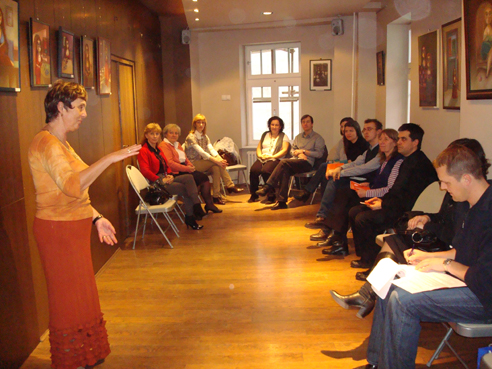 |
The Slovak community tries to implement new trends of formal and lifetime education also the adult education most frequently by the model of Slovak educational system. That’s why yearly there are being held many different seminars, conferences and discussions. One of those is conference for professionals, literates. For young students of Slovak language and literature there is traditionally organized a literary chambering, which is being held for 53 years, and it is organized by the rewrite desk of the monthly newspaper named Nový Život. Since the year of 2005 the music committee, of the board for education of the National council of Slovak national minority, yearly organizes conference for musicologists and music professionals which results with yearbook which is made of previous and present state and future plans in the field of Vojvodina’s Slovak music.
Educational course for journalists called jour – school has been held for eight years now. Many beginners’ journalists and those with practice are involved in this program which offers basic information about journalism with a goal to improve their skills in this field of activity. Since the year of 2003 in Báčsky Petrovec there is being held a seminar which lasts for four days and it is organized for choreographers of the Slovak cultural artistic associations and children’s folklore associations from Vojvodina. Within this seminar the leaders of singing associations and orchestra are also included. In the field of theater the young actors could improve their Slovak language in a project which was called the Studio of theater production and it lasted for two years in Slovak Vojvodina Theater in Báčsky Petrovec.
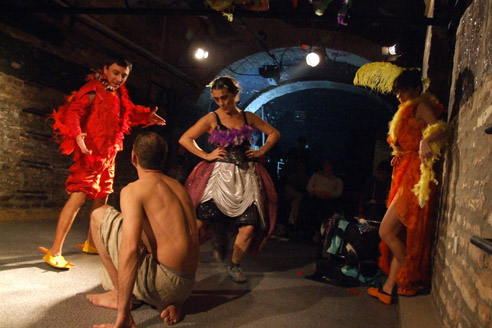 |
Results of the mentioned courses, conferences and seminars are indicators for organizing even more educational events in the field of culture. In the year of 2009 there was organized a conference for cultural artistic associations and conferences about the work of National museum in Báčsky Petrovec.
By organizing these kind of seminars and educational courses the awareness of the fact that the educational system should be the foundation for long-term development of the culture or one particular field in the society, and not only its present needs. Meaning nonstop research of every possible direction and applying the system of formal and lifelong education to the future trends. Talented and academically educated people are an advantage for the society but the key for the development are those with average education. That’s why the educational system should be putting some effort into developing the innate abilities and to motivate them.
The system should built self initiative, creativity, criticism, communication skills and team work. This way the individuals would get competitiveness, confidence what would make an individual ready to become a part of the society. The system should be able to provide for every individual who has made a mistake by choosing the right division for his next studies or in case if they don’t satisfy the criteria, they should be able to continue in their education with a minimal waste of time and finances. The informing service should be on a high level and in disposition for everyone. The individuals should have the possibility to be informed professionally, practically, and knowledge which they gain should be on a high level.
The most meaningful is to understand that the changes are possible only when the best human sources will be chosen and later on support them in further education. The fact is that primarily the individual is responsible for his own knowledge development and improvement.




